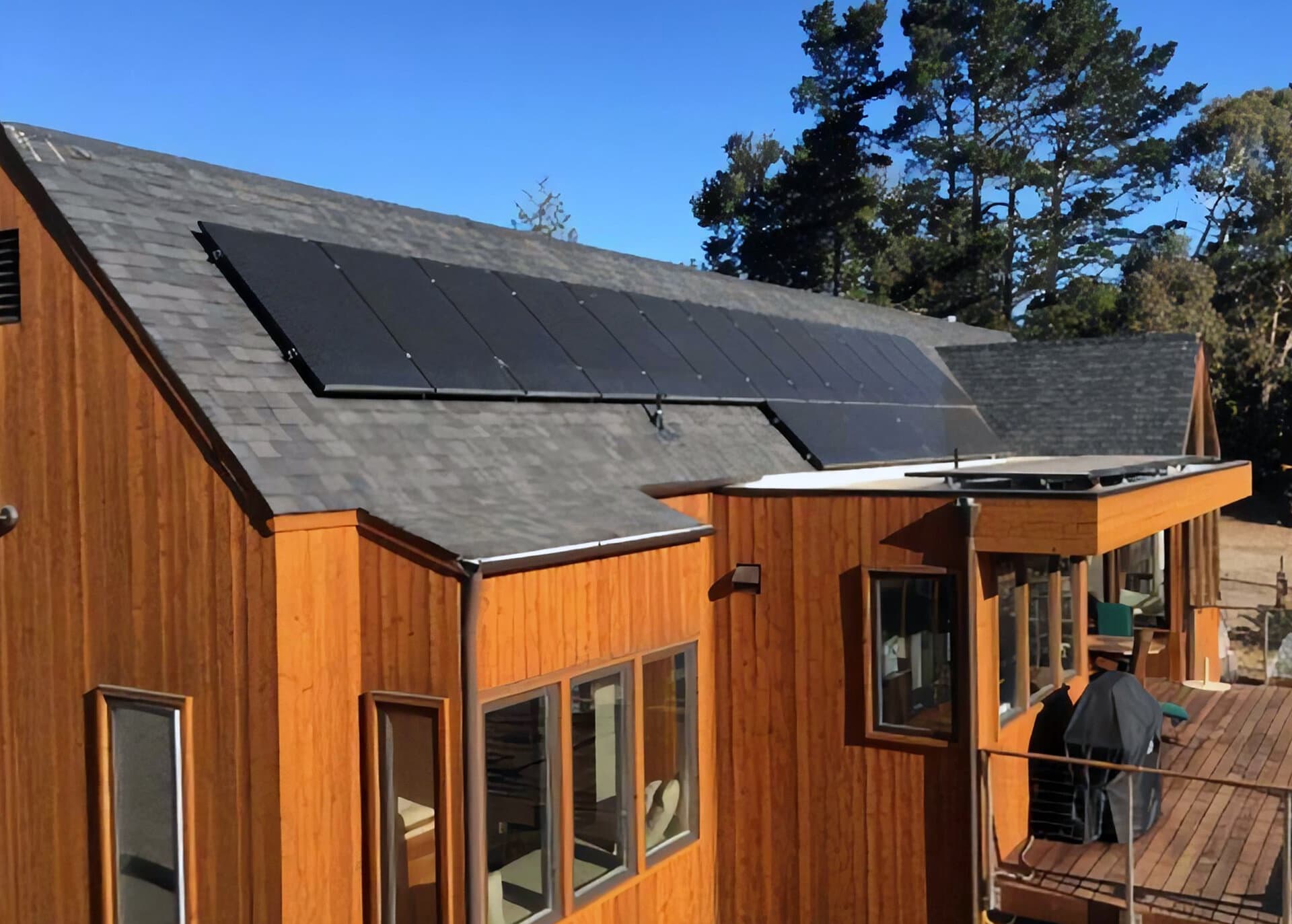 Energy costs are rising across the United States, especially in Northeast states like New Hampshire, which is why solar power has become a great option for residents. If you are a homeowner or business owner in New Hampshire looking for a way to lower your electricity bills, now is the perfect time to purchase a new solar energy system.
Energy costs are rising across the United States, especially in Northeast states like New Hampshire, which is why solar power has become a great option for residents. If you are a homeowner or business owner in New Hampshire looking for a way to lower your electricity bills, now is the perfect time to purchase a new solar energy system.
Tax Credits
With the introduction of tax credits and rebates designed to lower the costs of the solar systems, New Hampshire and the Federal government have made it easier for homeowners to purchase solar panels.
Federal Solar Investment Tax Credit (ITC)
The Federal Investment Tax Credit (ITC) refunds you a tax return for 30% of the total cost of your solar installation. This means that if you go solar in 2023, you can claim 30% of the total cost it takes to install your system in 2024, and if your solar system costs $30,000, you could end up getting $9,000 back on your taxes. This incentive exists to encourage people to switch to solar because solar panels produce clean power. This tax credit includes roof work or a new roof, tree removal, electrical upgrades, and anything else needed for you to go solar. Because it was put in place by the Federal government, this tax credit applies to all states in the U.S.
State-specific Solar Tax Credit in New Hampshire
New Hampshire specifically offers a Residential Solar Energy Credit, which allows residents to claim a percentage of the cost of a solar photovoltaic (PV) system on their taxes. The program offers rebates to New Hampshire residents who install solar photovoltaic (PV) or wind turbine electrical generation systems. Rebate levels are $.20 per watt of panel-rated power up to $1,000.
State-based Property Tax Exemptions
The solar property tax exemption in New Hampshire excludes the added value of a solar installation from your home’s value for tax purposes, meaning the increase in home value is exempt from property taxes.
Performance Incentives
New Hampshire’s electric and natural gas utilities provide performance incentives (PI), also known as production incentives. Homeowners in New Hampshire can generate SRECs (Solar Renewable Energy Credits) from their solar system. These certificates are then sold to utilities, providing an additional stream of revenue for solar adopters.
Other Rebates
The New Hampshire Public Utilities Commission (NHPUC) Rebate Program sometimes offers residential rebate programs for solar photovoltaic (PV) systems and solar thermal systems. The availability and amount of these rebates can vary, so it’s essential to check the NHPUC’s website or contact them directly.
Net Metering
Net metering is one of the biggest incentives in the solar industry. It is a highly beneficial program that allows your solar panels to send excess electricity back to the grid in return for credits on their electric bill that can be used during months when your solar panels are not producing as much energy. This means that even when it is not sunny, you do not have to rely on the grid for power because you have those earned credits from net metering.
New Hampshire’s net metering program allows customers to reduce their energy consumption while earning credits for any excess energy produced. This is available to residential, commercial, and farm customers.
According to the NH laws there are two types of projects that authorize utilities to offer net metering: small projects (no greater than 100 kilowatts), and large projects (greater than 100 kilowatts – up to 1,000 kilowatts). Projects that are greater than 1,000 kilowatts are not eligible for net metering.
Why New Hampshire’s Cooler Climate Is Good For Solar
Many people worry that solar panels would not be as efficient in New Hampshire or other New England states because of how far North they are. However, solar actually tends to work better in cold, yet sunny climates. This is because too much heat interferes with the conversion of sunlight into electricity. A solar system might not have the same lifespan or efficiency in Arizona due to the intense heat compared to a climate that is cooler but still sunny.
Why is this the case? In cooler temperatures, electrons are at rest, resulting in low energy. However, these electrons are activated by increasing sunlight, so as this happens the solar panel secures a greater difference in voltage, creating more energy. As the temperature rises, the panel generates less voltage and becomes less efficient, producing less electricity.
The ideal solar panel performance temperature is around 25 degrees Celsius, 77 degrees Fahrenheit, which is why solar panels are actually less efficient in extremely hot climates.
Also, believe it or not, snow can make solar panels cleaner and able to reach higher energy efficiencies due to its anti-soiling properties. It’s similar to what happens to a car’s windshield: if the snow is allowed to melt off, the windshield is left without any debris. That’s because any dirt on the glass will bond with the snow, washing it away when the sun melts the snow off.
Closing Thoughts About Solar Panels In New Hampshire
New Hampshire is a great state to go solar. Between tax credits, performance incentives, net metering, and more, there’s plenty of ways to reap the benefits of solar energy. If you are considering solar panels for your southern New Hampshire home, contact Solaris Renewables. We are here to help!
Go Solar With Solaris Renewables
Fill out the form below to learn about the options for adding solar panels and other clean tech to your New Hampshire home.